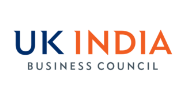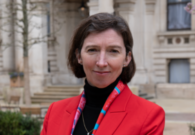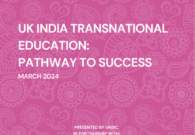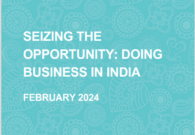BRICS meet at the G20
Leaders from the BRICS group gathered for an informal meeting at the G20 a month before the annual BRICS summit in India
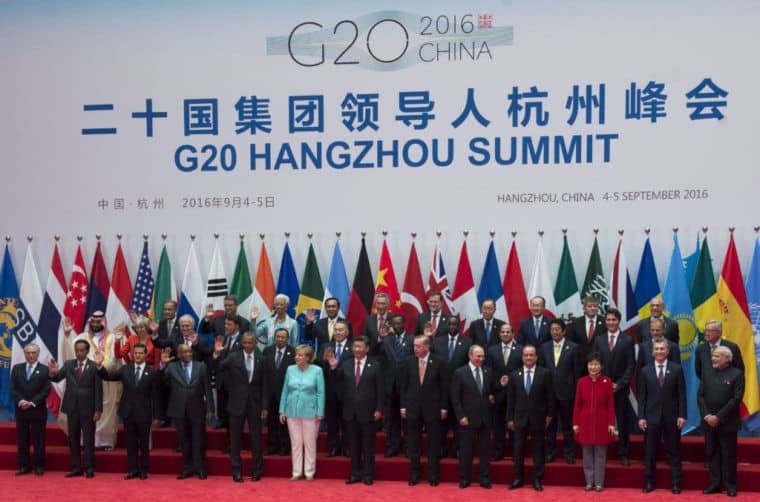
The leaders of the G20 descended upon Hangzhou this year to set their collective global agenda for the years to come.
From a UK perspective, the G20 was important as PM Theresa May was able to remind her fellow leaders and the business figures present that the UK is a bold, outward-looking nation. Being the fifth largest economy in the world and the second fastest growing in the G7 last year, the UK’s economy remains in a fundamentally strong position, despite the worry of a post-Brexit economic downturn.
At a time when protectionist instincts are gaining traction, Mrs May set our her vision for the UK to become a global leader in free trade, and made the case that “an open and inclusive global trading system can act as a catalyst for sustainable economic growth and the right trade agreements can be the greatest anti-poverty policy of our time.”
Mr Modi met Mrs May on the sidelines of the summit for their first bilateral meeting, in what will hopefully the first of many fruitful discussions between the two Prime Ministers, as the UK negotiates its new relationships, both with the European Union, and the rest of the world.
The other relationship Modi was keen to cultivate was between the other BRICS nations, who held an informal meeting ahead of a full summit in Goa in October.
The acronym BRIC was coined early in the 21st century to highlight the economic rise of Brazil, Russia, India, and China. The ‘S’ was controversially added to add South Africa to the group in 2010.
The positivity for the grouping has since ebbed. Brazil, Russia and South Africa are in recession, and China’s growth has slowed. Today, India is the only one of the five that will grow faster than it did in 2015. Indeed, it is argued that there is as much that divides the BRICS as unites them. For example, China recently vetoed India’s election to the Nuclear Suppliers Group.
Nevertheless, the meeting of the BRICS leaders was symbolic as they called on each other to play a more active and prominent role in international affairs. Mr Modi asserted that the BRICS is already an ‘influential voice in international discourse’ and the leaders agreed that it was their collective responsibility to shape the international agenda.
Despite the economic challenges which BRICS face and the differences between them, the leaders recognised that they remain important actors in global economic growth, and a reminder that the post World War Two Bretton Woods Institutions don’t necessarily represent the entirety of the 21st century global economy.
Mr Modi is a renowned host and a leader who wants to expand India’s positive influence. So we can expect a meaningful and visible gathering in Goa next month when the BRICS leaders reconvene for their annual summit.

